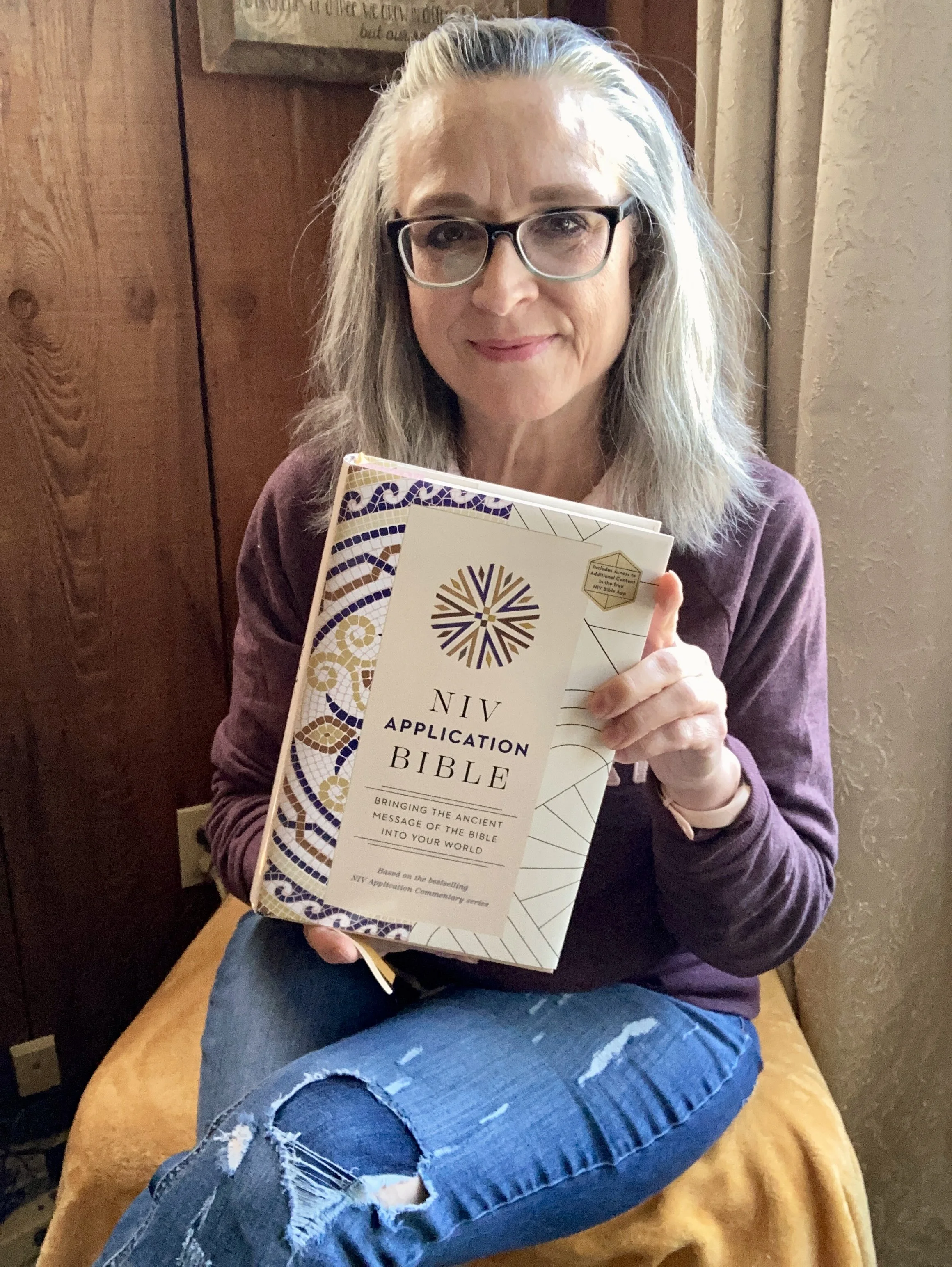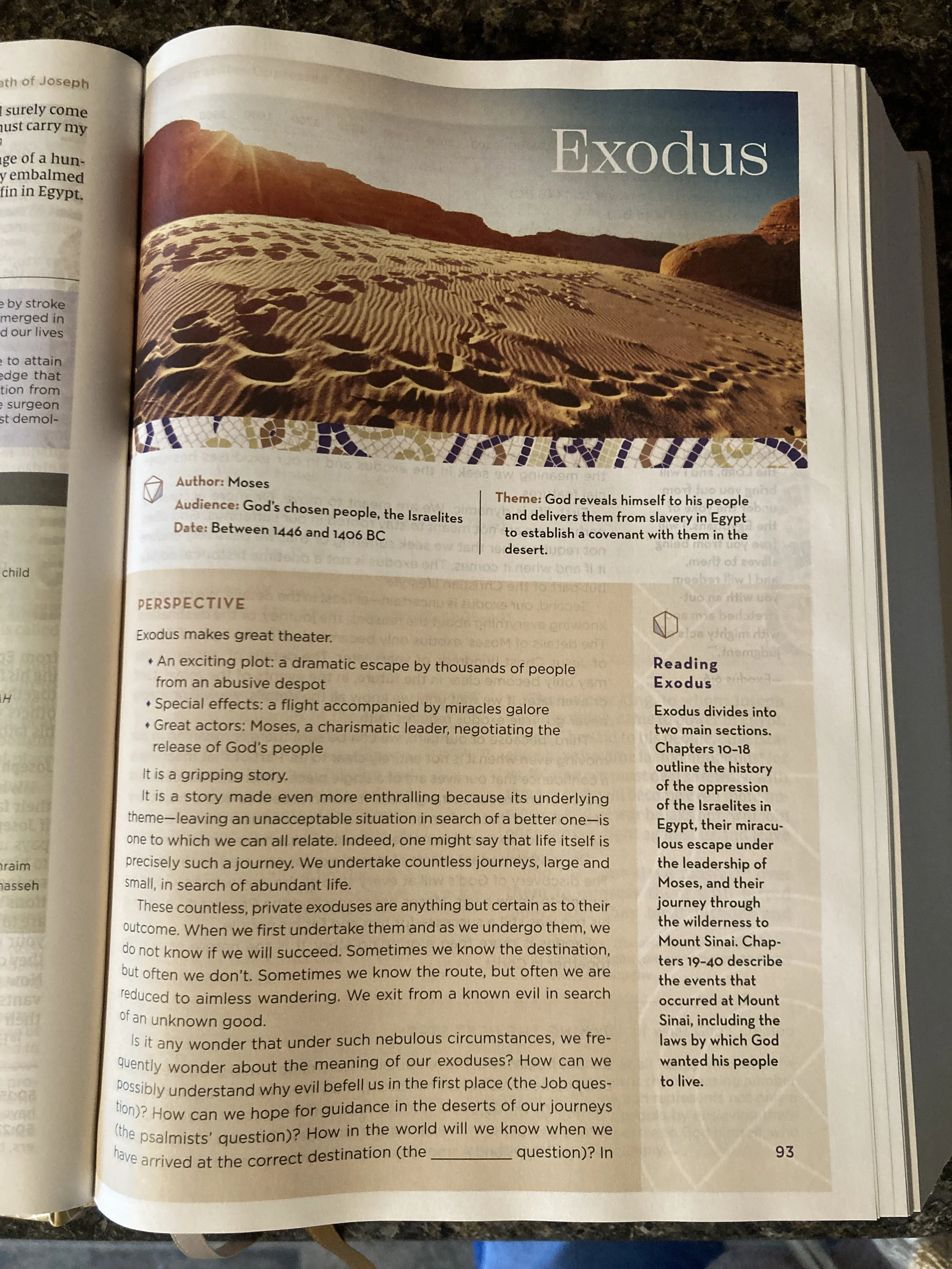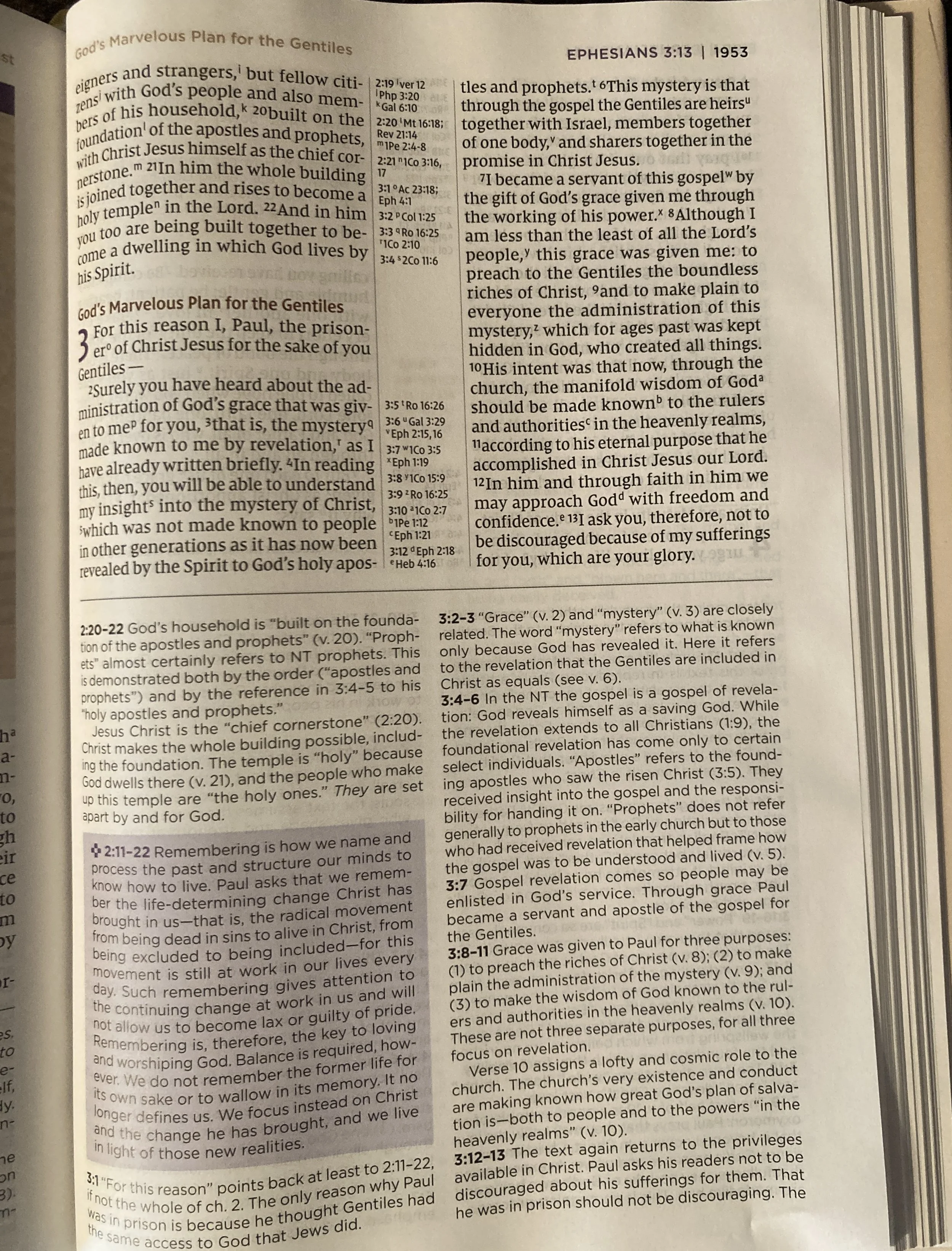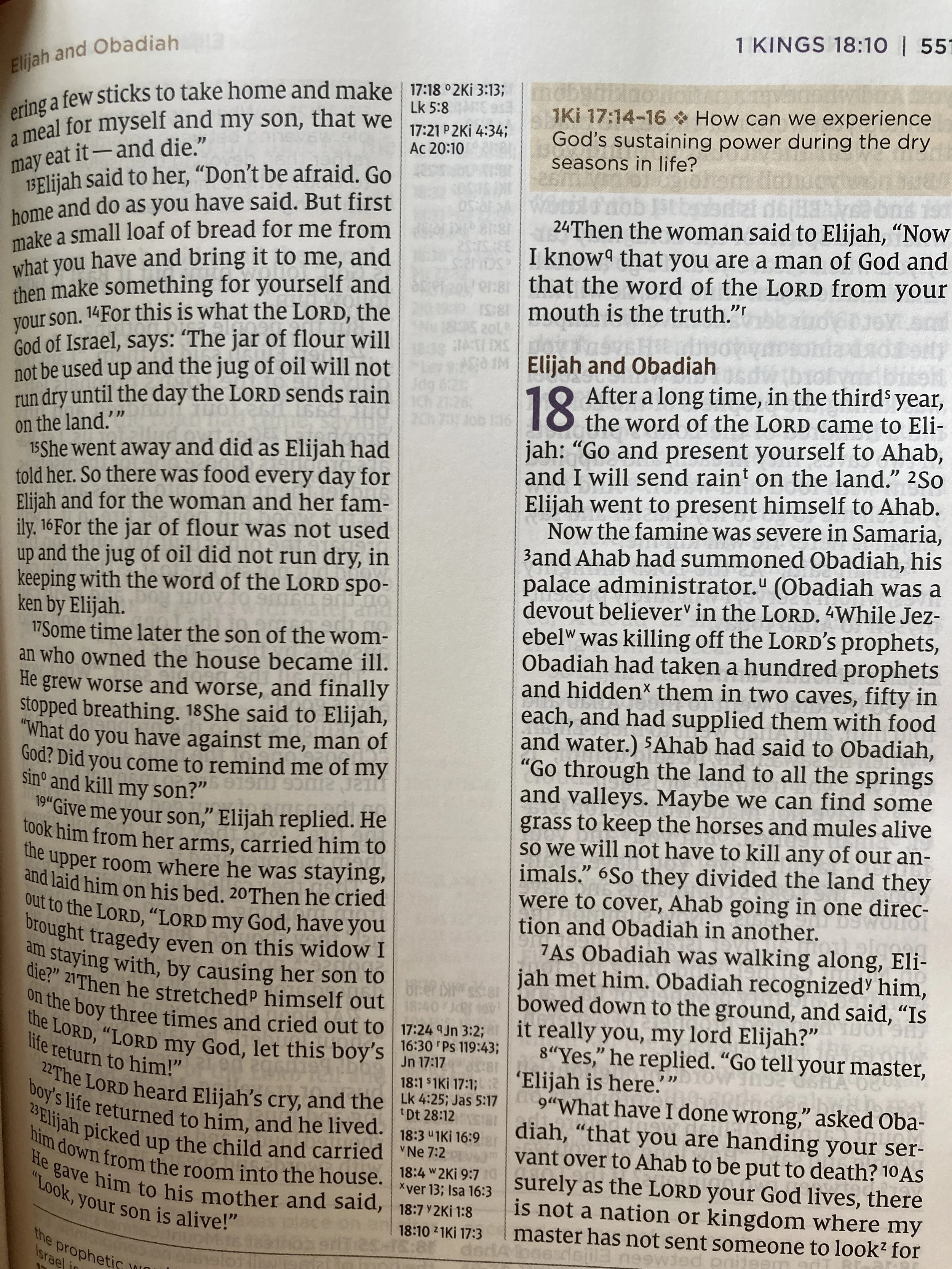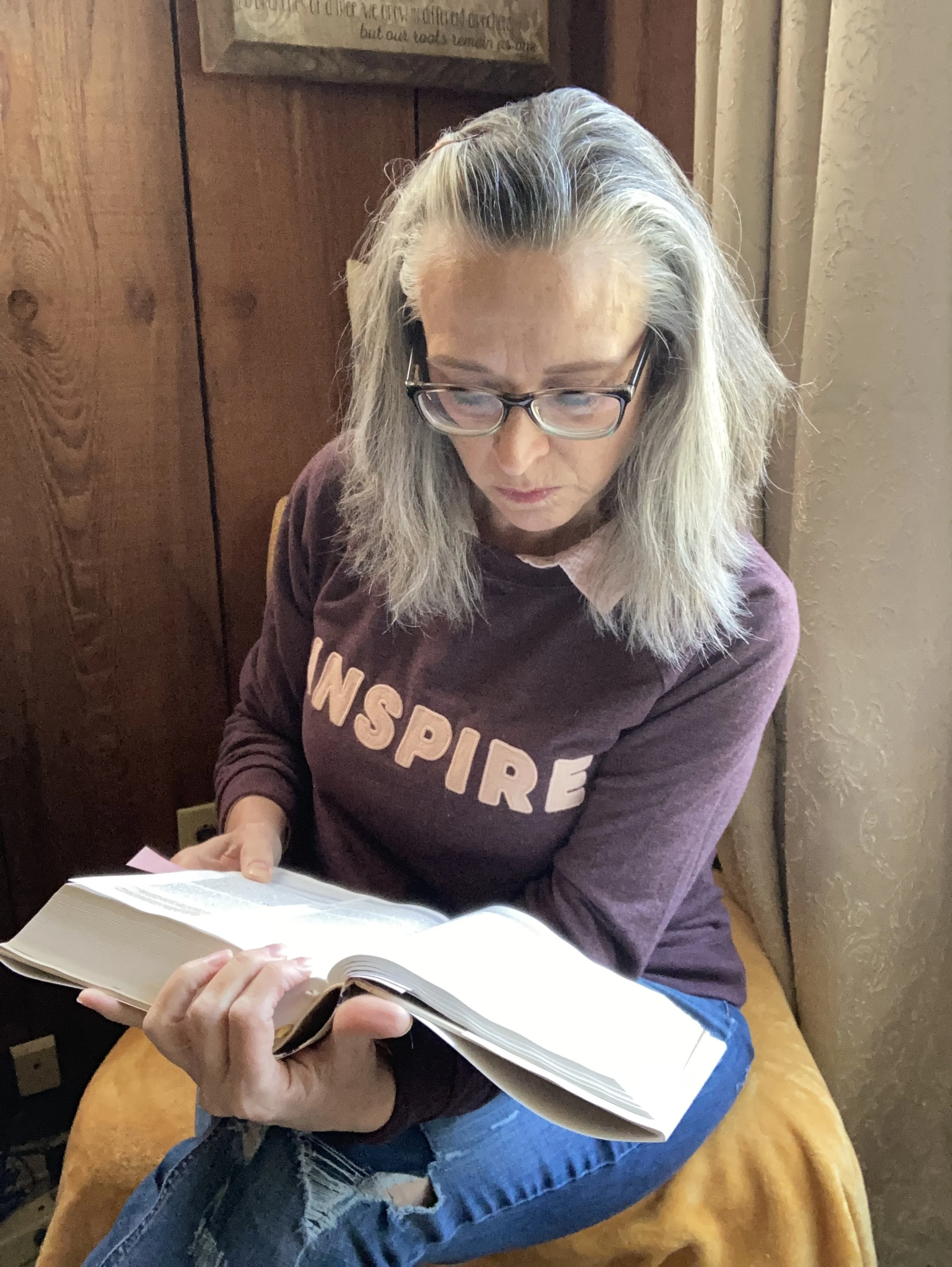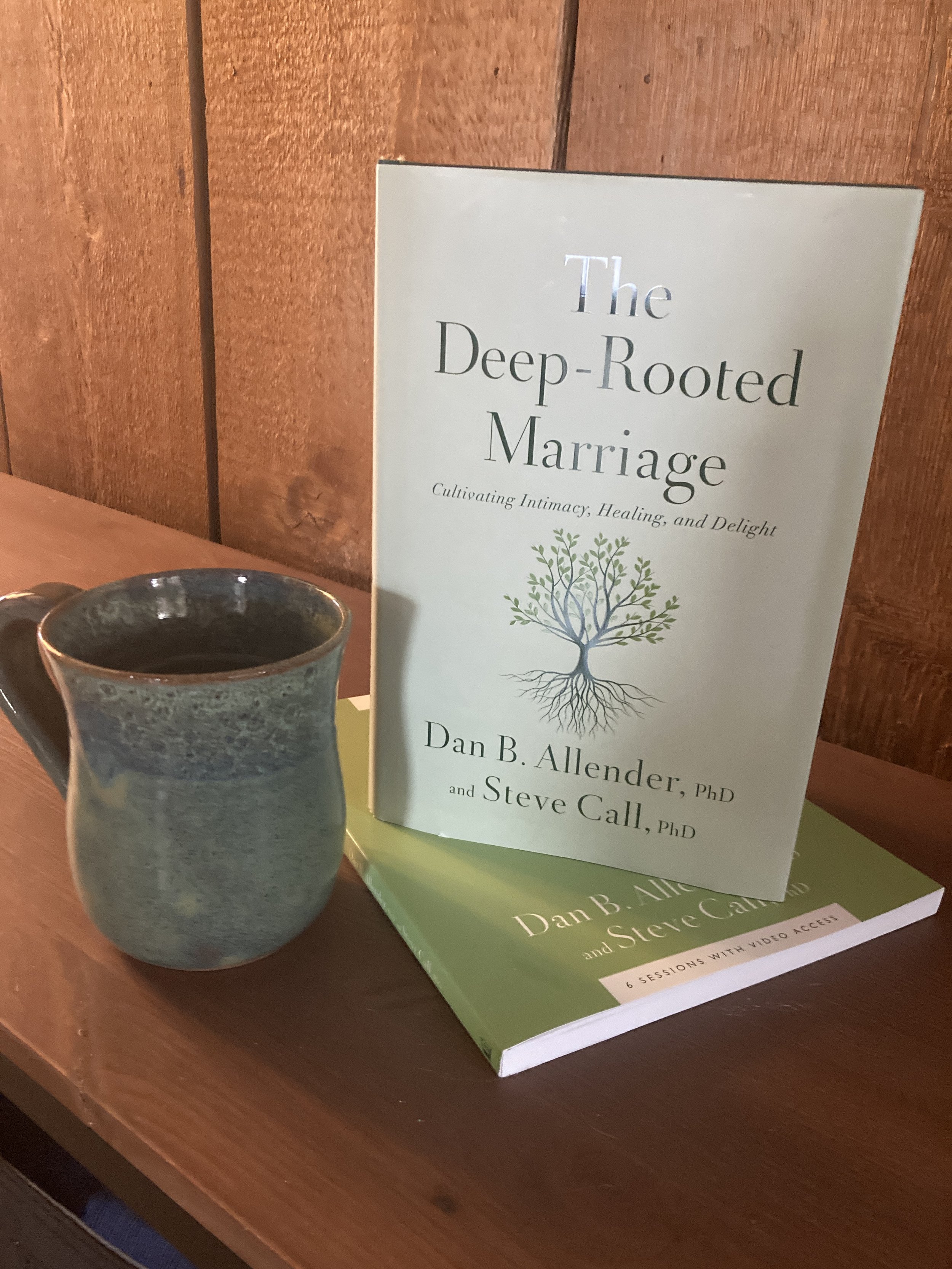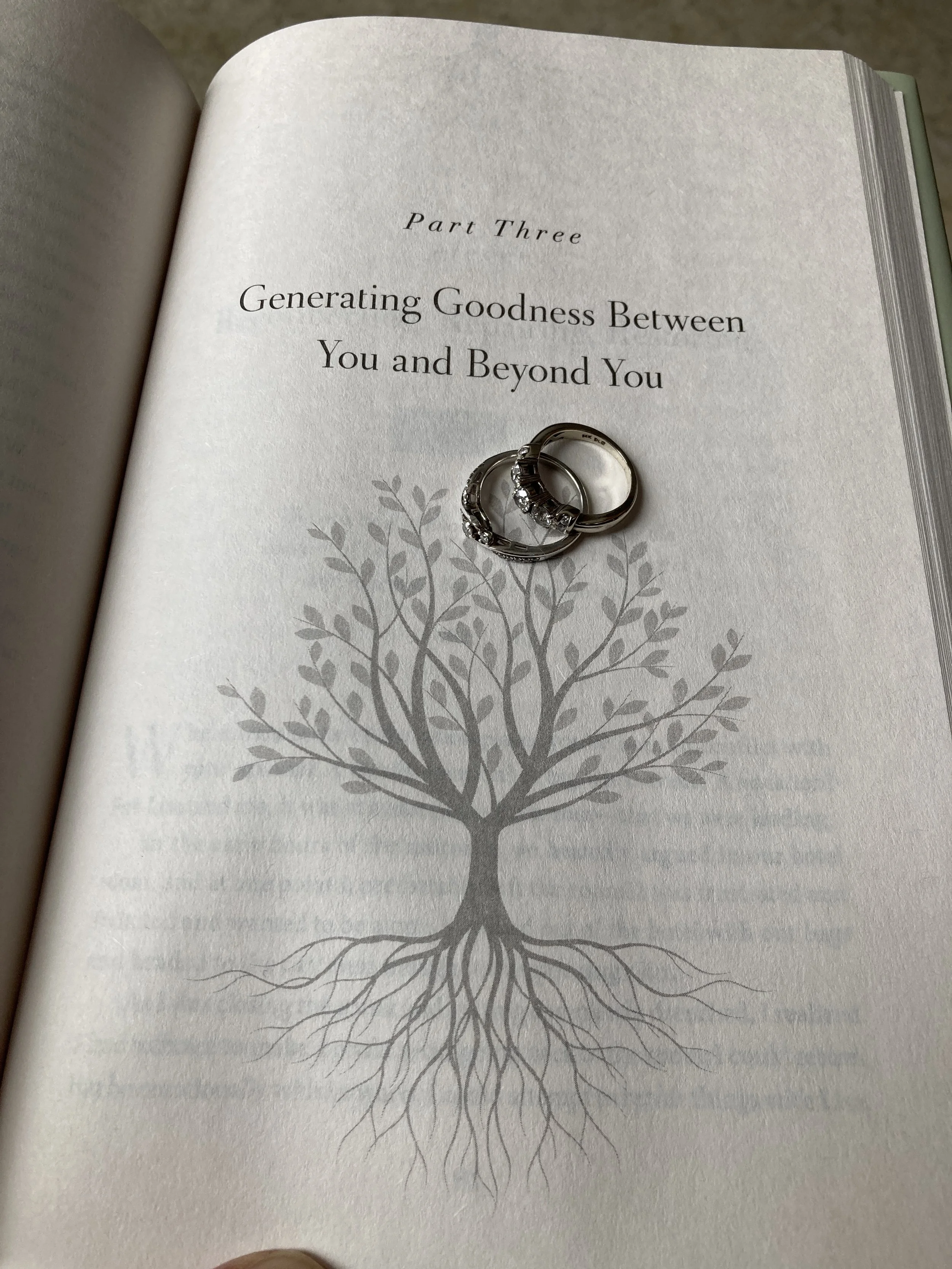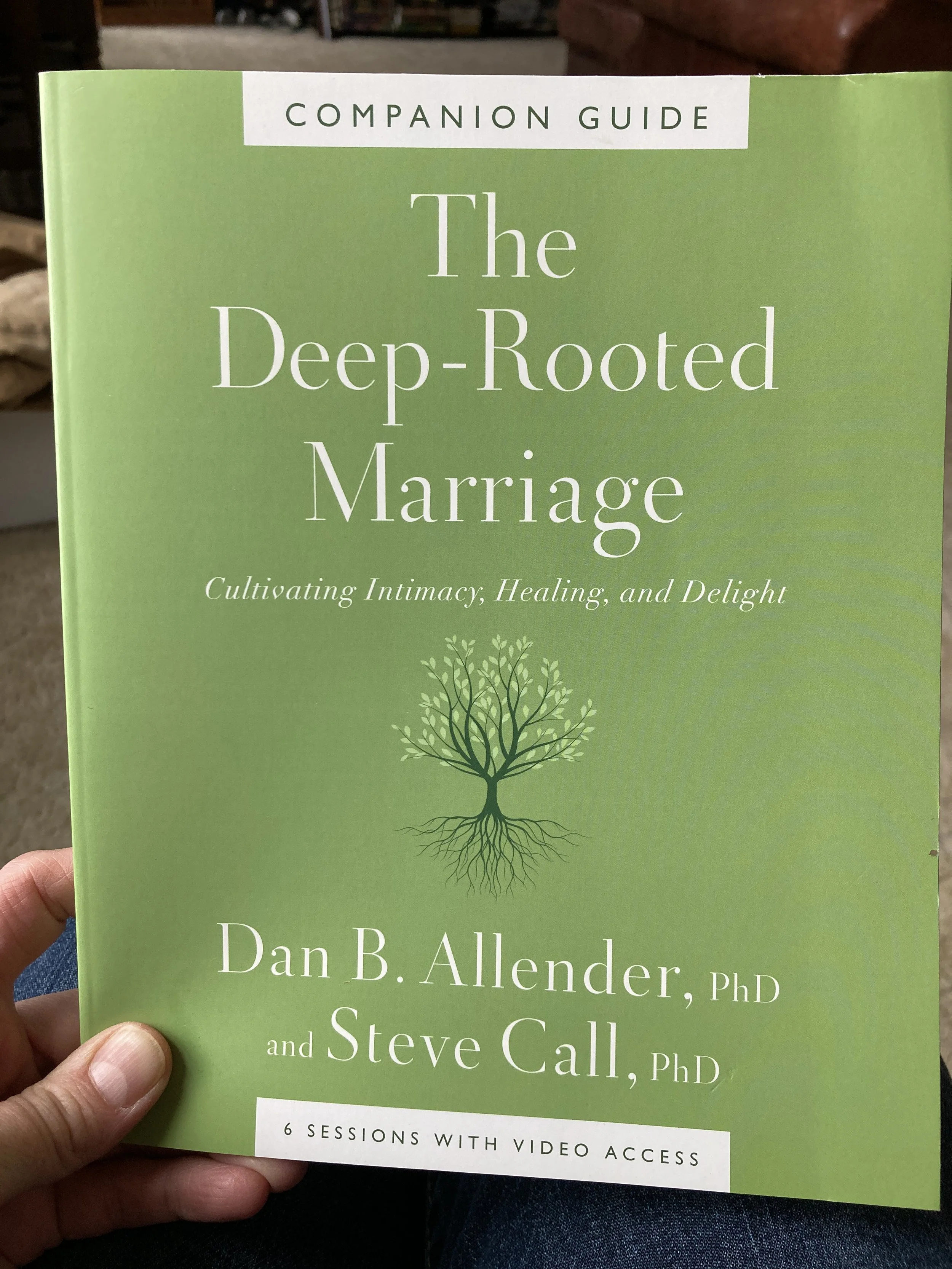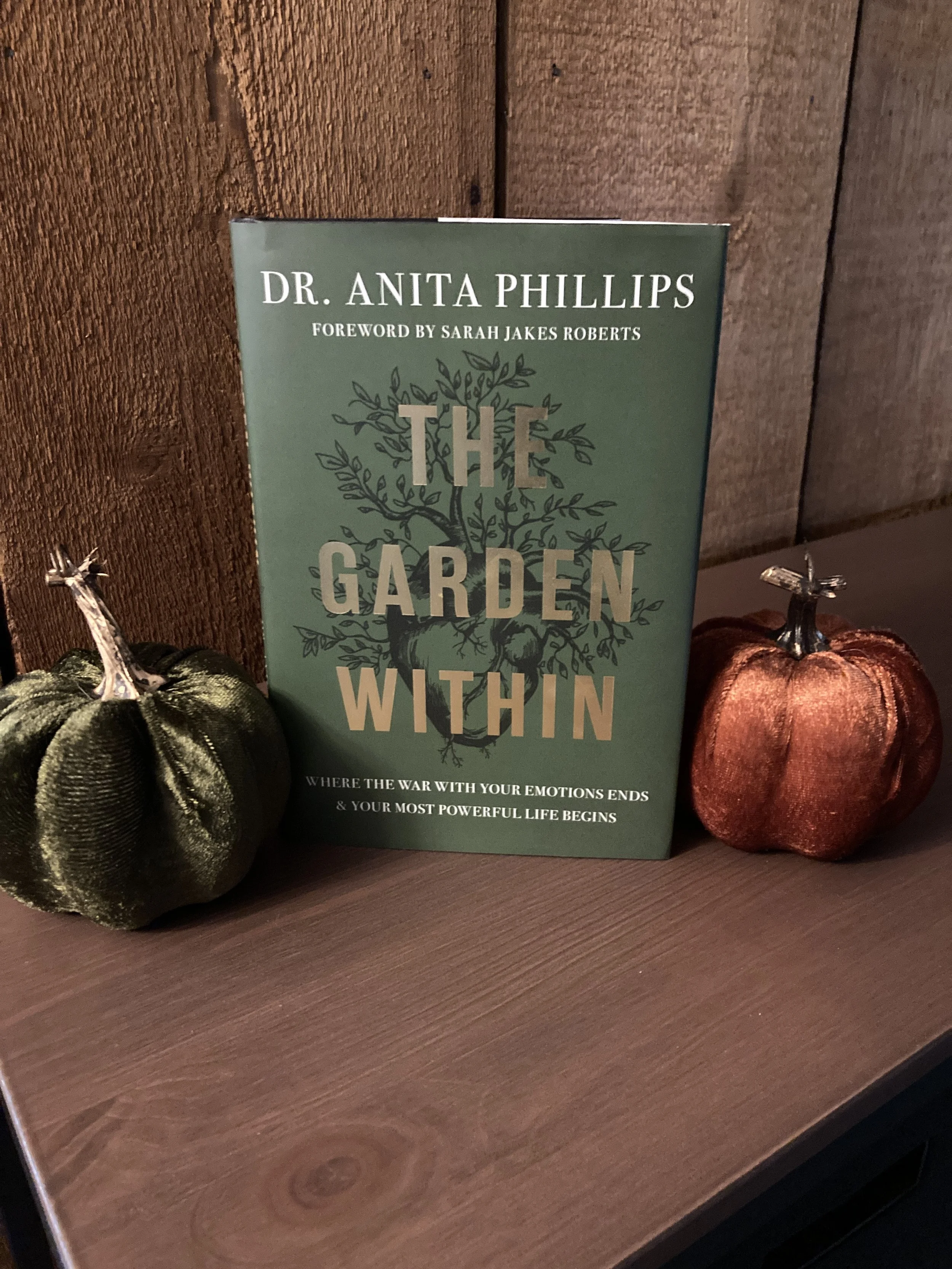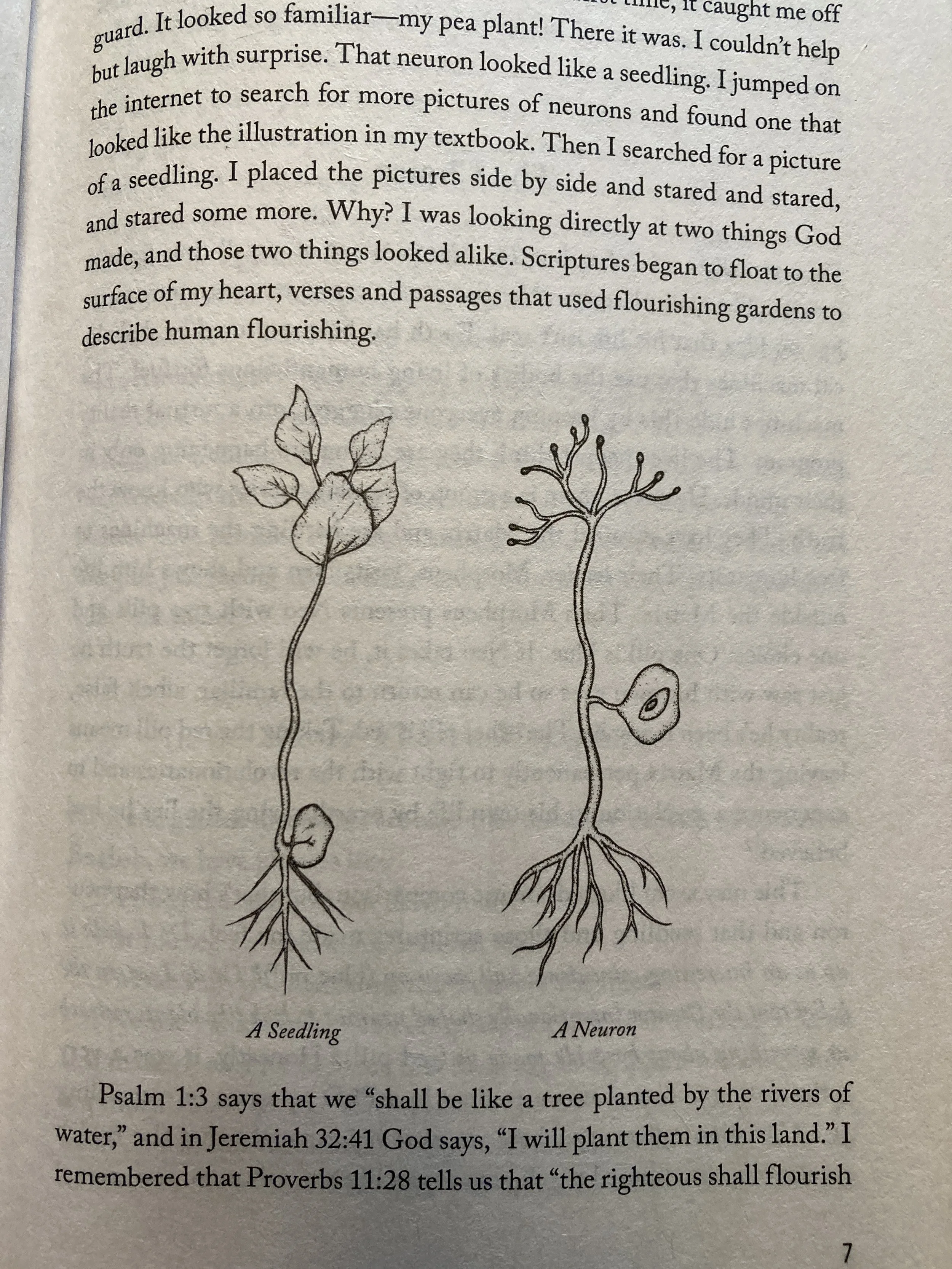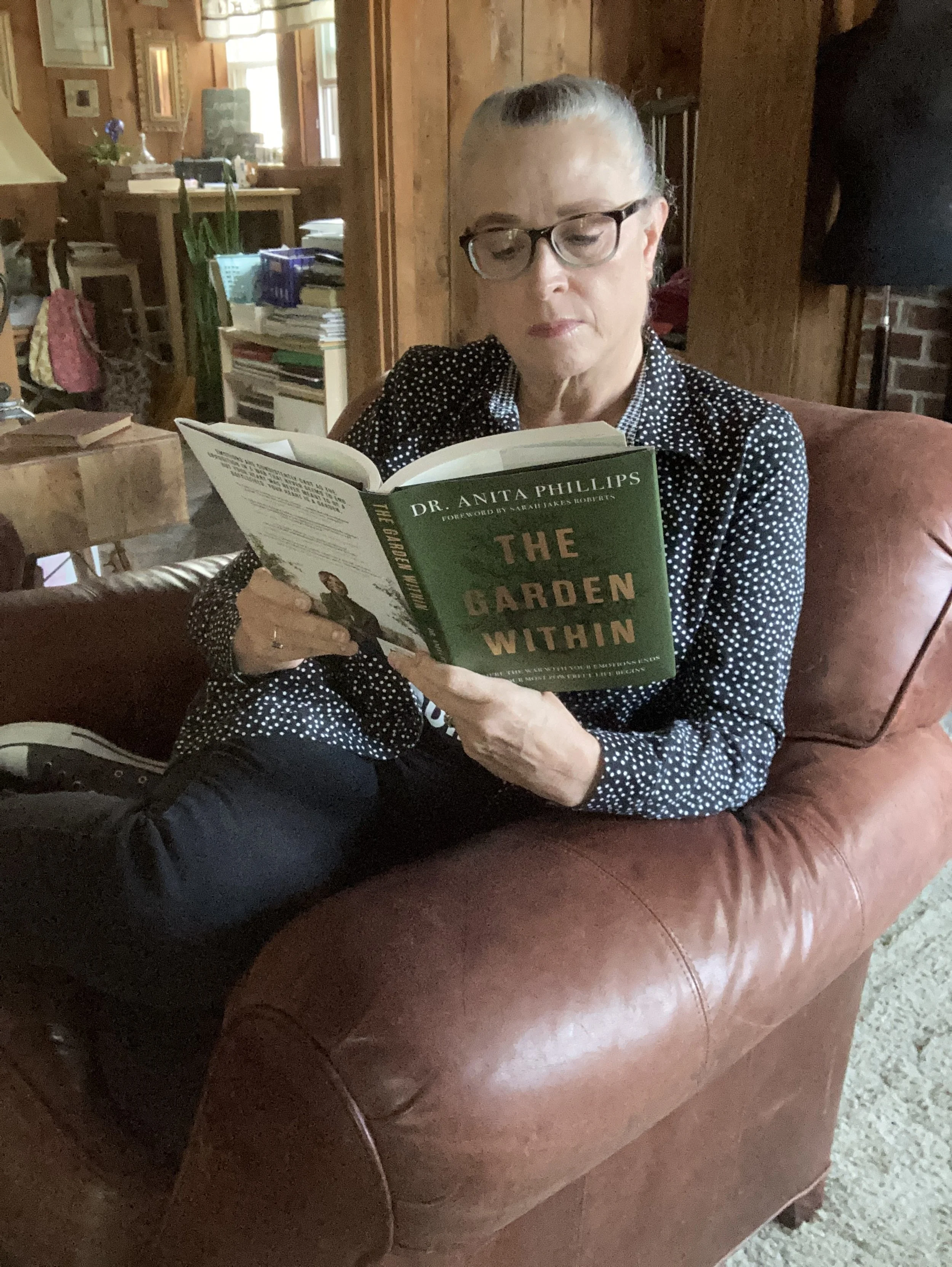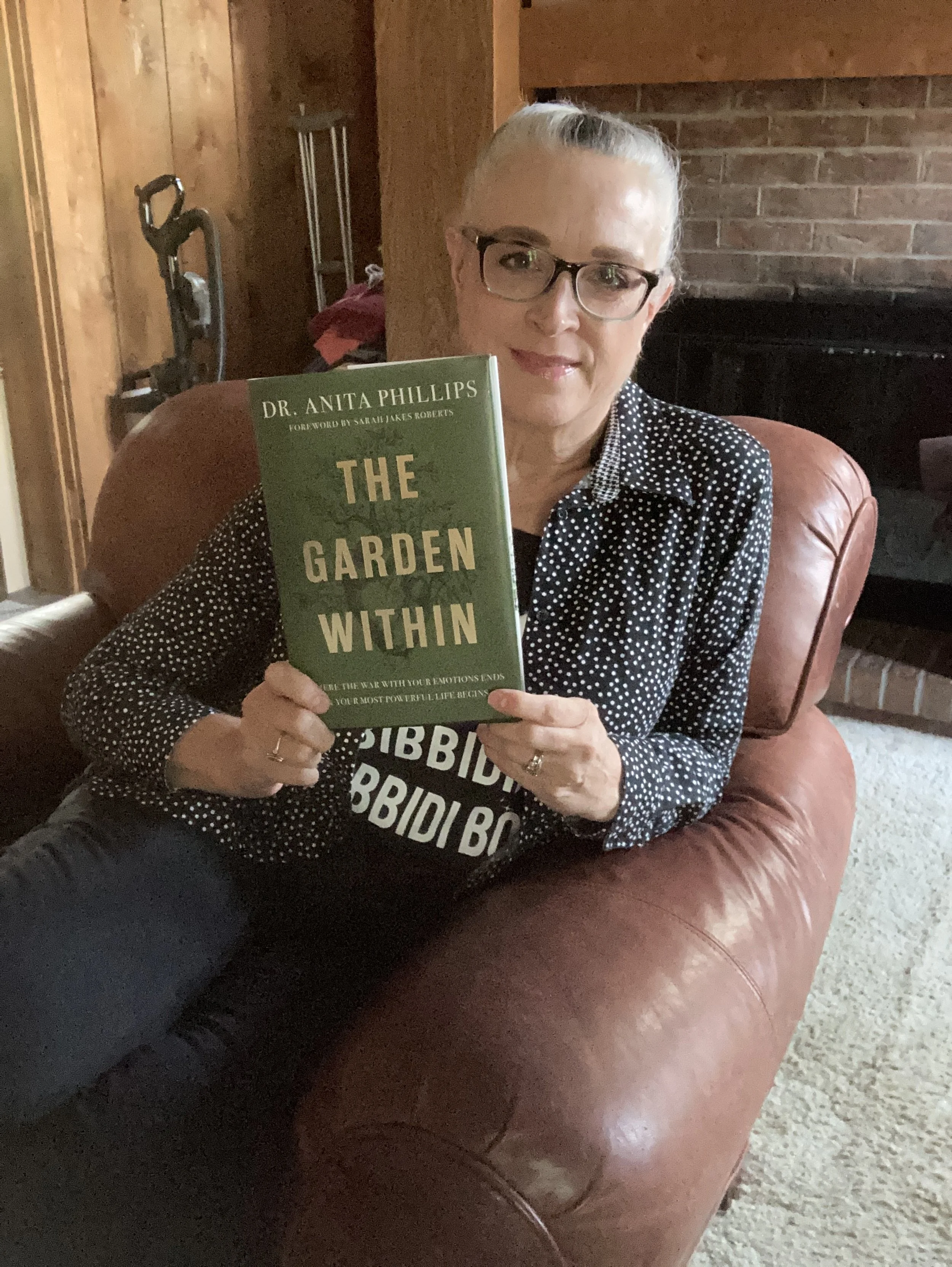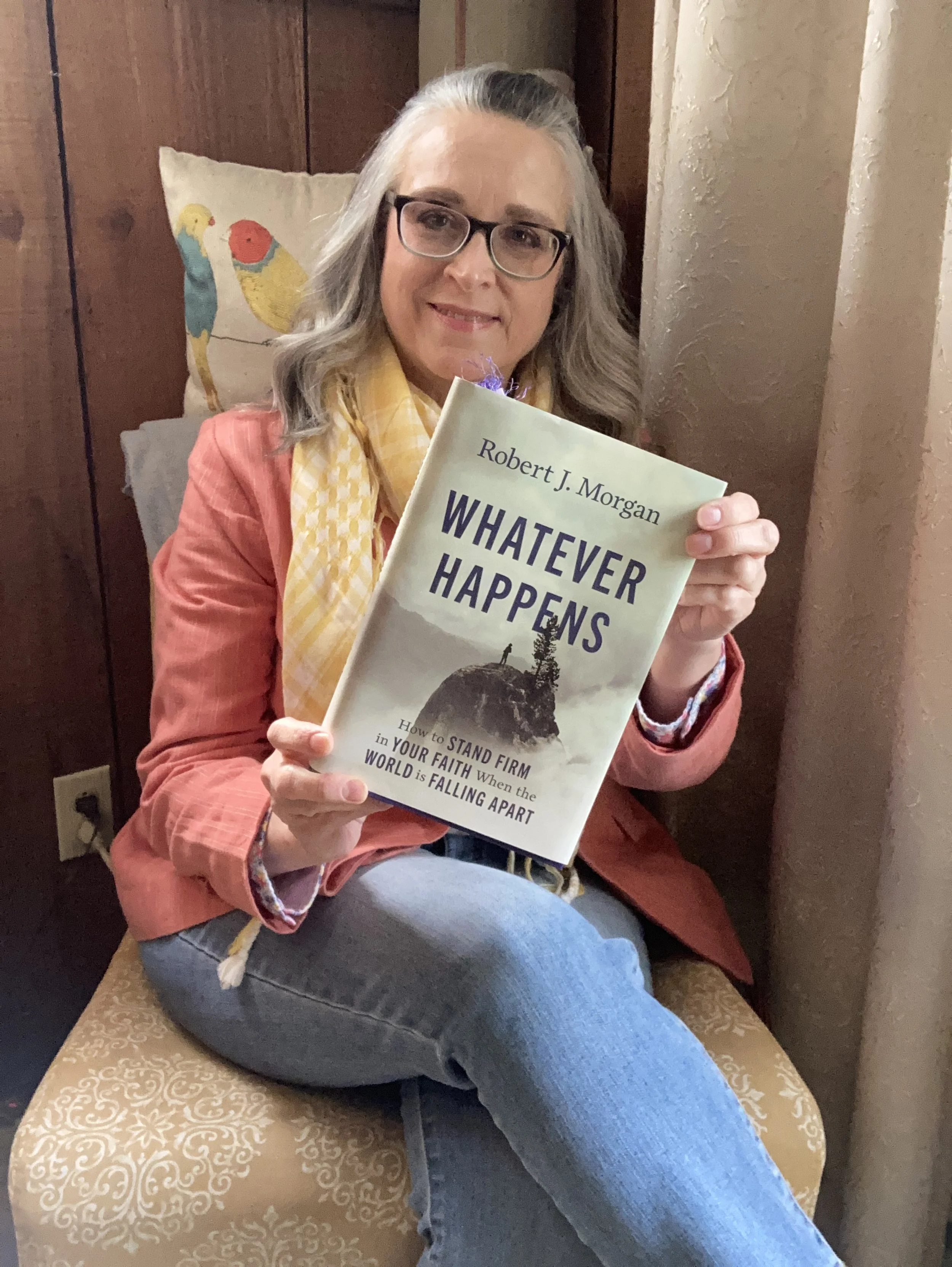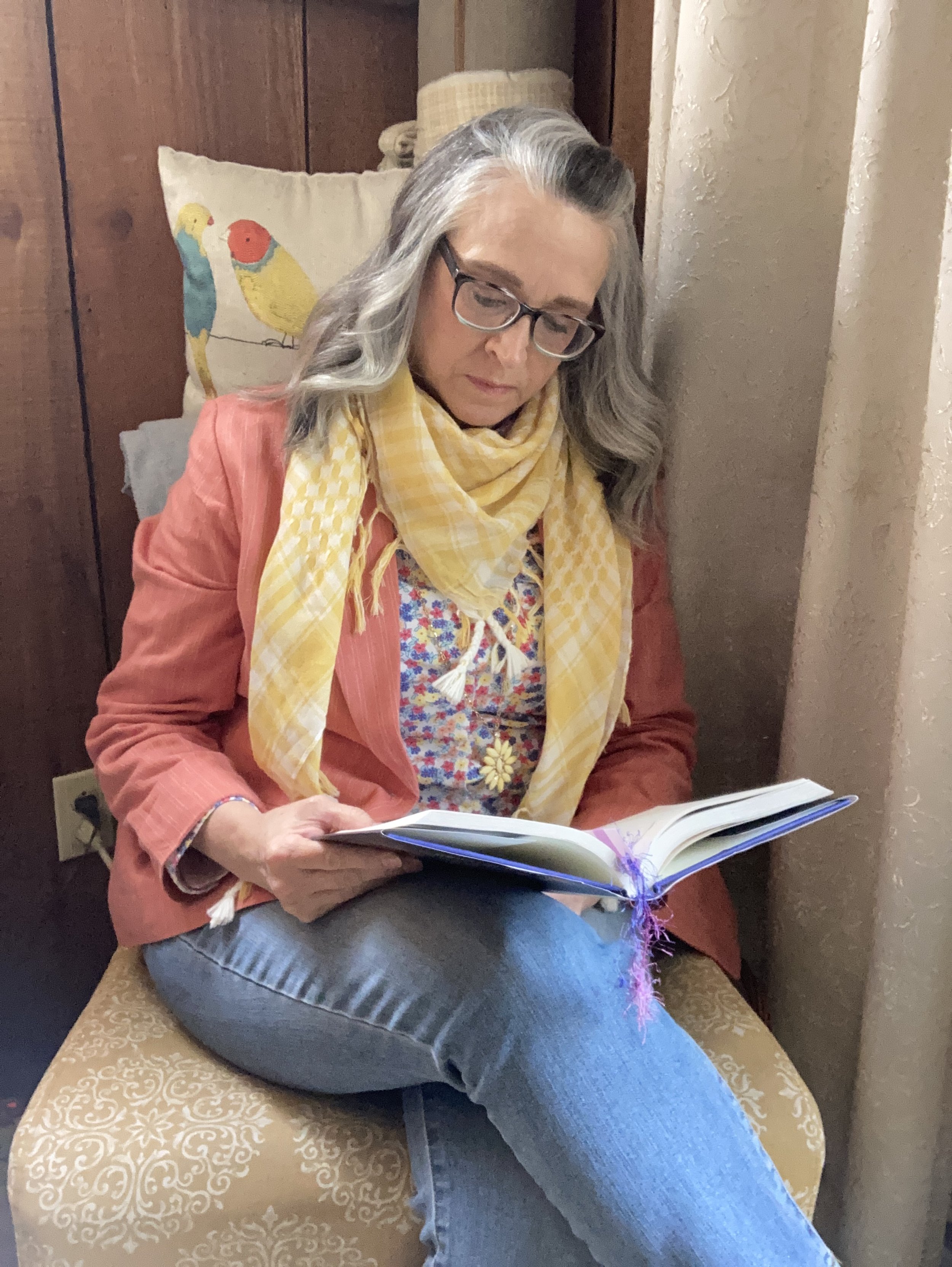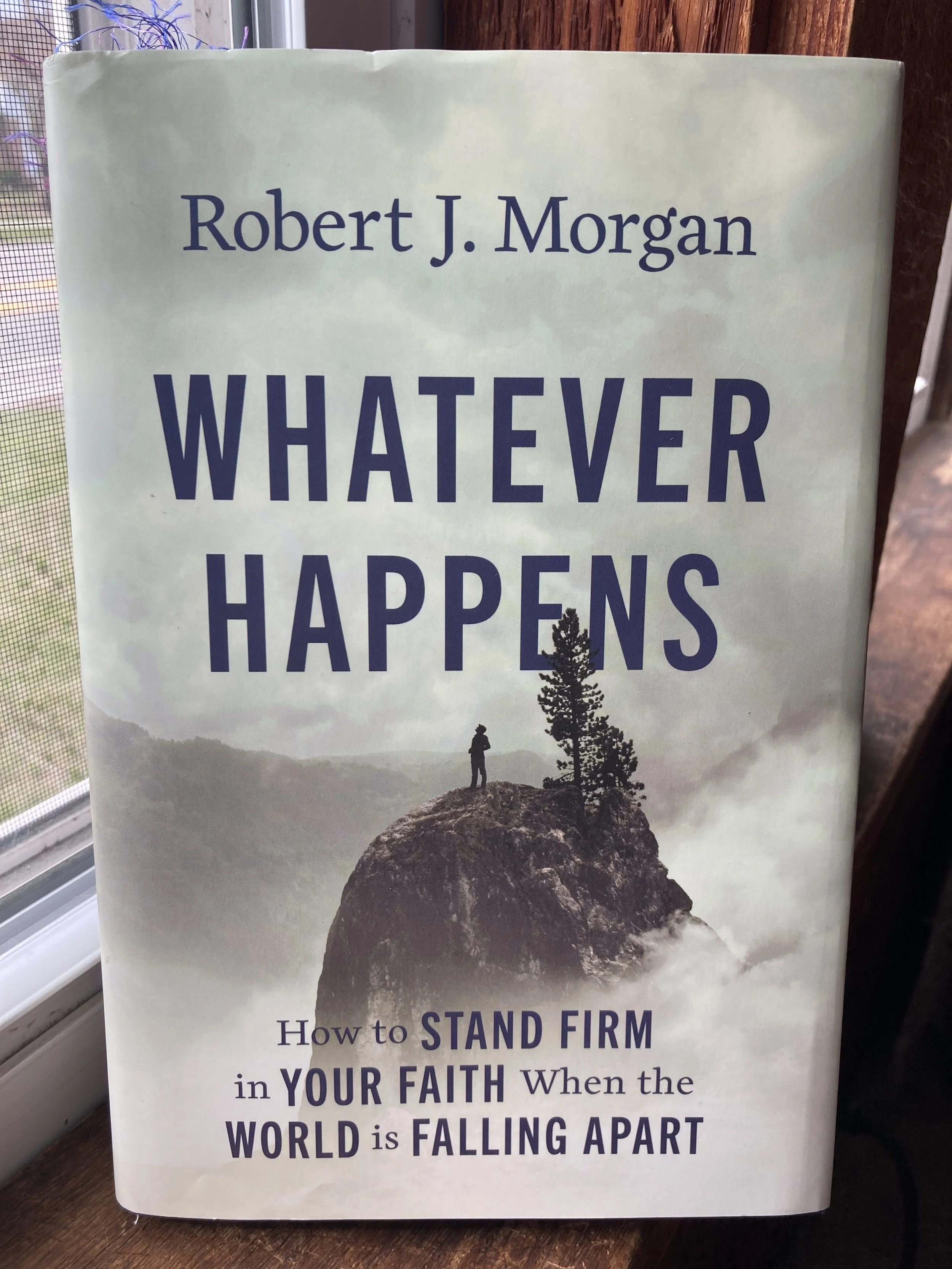Book Review: The NIV Application Bible
(This Bible was given to me for an honest review on my blog and social media platforms. This is a paid review. All opinions are my own.)
There are a number of Bible translations which are commonly used today including the NIV, or New International Version. I personally grew up with the King James Version, but as a teen was introduced to the New American Standard Version (1995), which I still have a fondness for. Recently I started using the English Standard Version, so when the opportunity came to review an NIV translation, I thought it would be nice to add it to my collection. Not only that, but it is a study Bible, which often gives a wealth of additional information. This is the NIV Application Bible.
This Bible is an amazing resource and I am looking forward to using it on a regular basis when I want to delve deeper. Let’s explore a few of the features of this helpful study tool.
Introduction:
The introduction does a nice job of telling you how the NIV Application Bible came about and highlights all the special features which we will look at one by one.
Book Introduction:
I love that each book is separated with a beautiful photograph, and a full page that includes information like the author, the audience, the time frame and a short theme focusing on what the book is about. It also gives a perspective, which allows for additional thought, and how the book is divided up.
Maps and Charts:
Like many Bible translations this Bible has a number of map pages at the back, but what I really like about this NIV Application Bible is that the maps are interspersed throughout the Old and New Testament giving us a look at where the events occurred as we are reading them.
There are numerous charts which add to the study aspect of this Bible. The two shown here give an overview of the tribes of Israel and a chronological look at the Messianic Prophecies and their fulfillment.
Original Meaning Notes and Application Notes
These are easily seen at the bottom of each page of Biblical text. The Original Meaning Notes are in regular type, and the Application Notes are highlighted in a blue box. Both sets of notes add to the understanding of the meaning of the text and have been “written and edited by a wide range of faithful evangelical scholars, each of whom added their expertise to one or more volumes of the NIV Application Commentary series.” (NIV Application Bible, Introduction p. xiii.)
Questions for Growth
Throughout the NIV Application Bible you will also find small tan boxes that contain questions pertaining to the scriptures where they are found. These are meant to be used for personal reflection and include thoughts on how to incorporate what has been read into our prayers and actions for a closer, more personal walk with God.
People to Know Articles and Character of God Articles
These two features give the reader an added resource for additional study and understanding. The People to Know Articles give insight into the people involved in the events in Scripture, showing how God used them and also providing application ideas for our own lives.
The Character of God Articles give insights into many of God’s characteristics exploring further who He is and how these characteristics affect our lives. These also have an application section.
If you are looking for a great study tool to add to your Biblical study resources I definitely recommend the NIV Application Bible. It offers easy to read text, understandable translation from the original texts, and many added details that will make it a Bible you turn to again and again.

